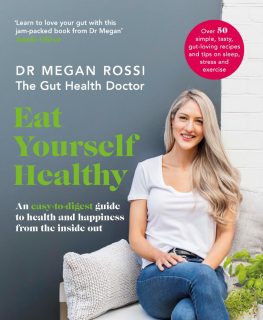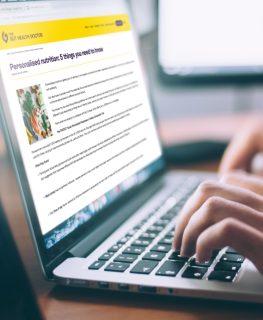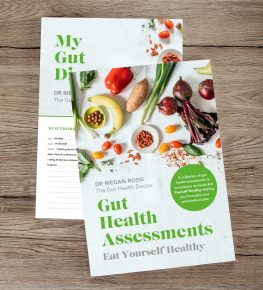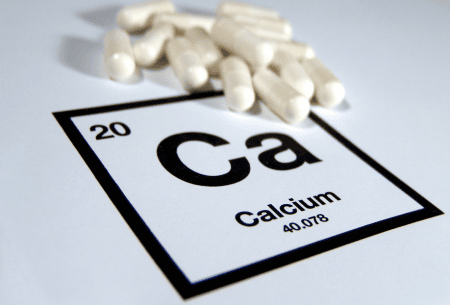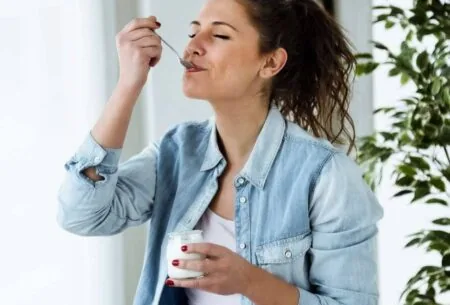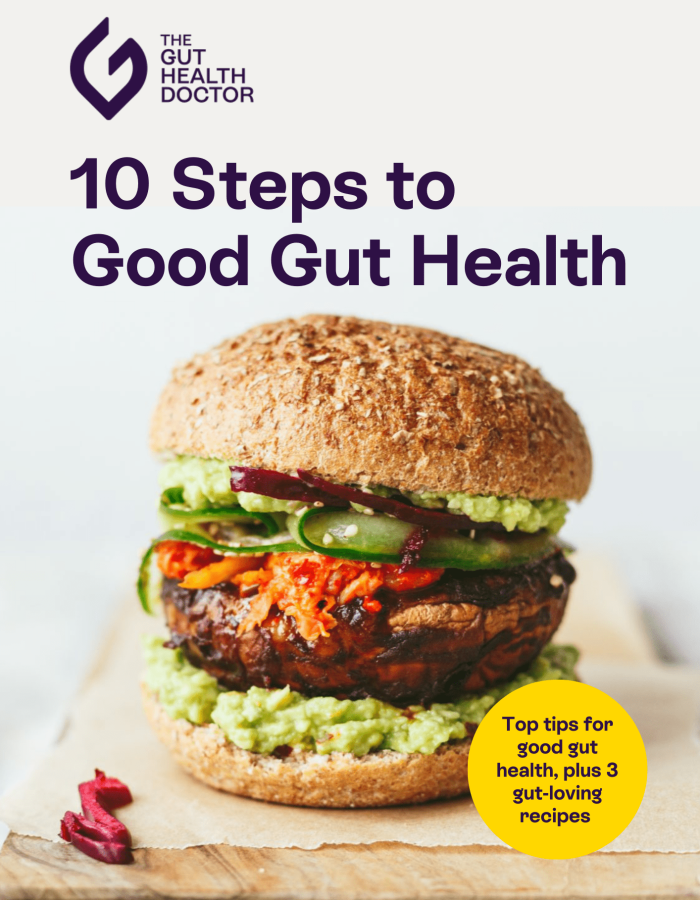Did you know that 1 in 7 adults in the UK experiences constipation at any time? Women are more prone to it than men, and as we age, we tend to get more prone to constipation too.
Subjectively, constipation can have different meanings for different people and is often misinterpreted. The general consensus (included as part of the Rome IV Diagnostic Criteria for Constipation) is that constipation is defined as:
- Having a poop less than three times a week
- Straining or being in pain when you have a poop
- When poop is often large and dry, hard or lumpy (Type 1 or 2 on Bristol Stool Chart)
- A feeling that not all poop has been passed
What Causes Constipation?
Constipation can be classified as either primary or secondary in origin. Some of the causes of primary or functional constipation (which means there’s no identified medical reason for it) include:
- A poor diet that is low in fibre and plant-based foods
- Dehydration or insufficient water intake
- Sedentary lifestyle and inactivity
- Ignoring the urge to go to the toilet
- Stress
- Anxiety and depression
- Hormones (menstrual cycle, pregnancy)
- Slow bowel motility
- Small Intestinal Bacterial Overgrowth (SIBO) or Intestinal Methanogenic Overgrowth (IMO)
- Pelvic floor dyssynergia or dysfunction – a defecation disorder that occurs when the muscles of the rectum contract rather than relax during a bowel movement. Treatments include biofeedback and physical therapy.
Secondary constipation is where constipation occurs as a consequence of an underlying health condition or a side effect of a medication. For example:
- Drug-induced (e.g., opioids, iron etc.)
- Metabolic disorders such as underactive thyroid or diabetes
- Neurological disorders (Parkinson’s, stroke, spinal cord injury )
- Inflammatory bowel disease such as crohns or ulcerative colitis
- Mechanical obstruction of the bowel which can occur with colon cancer
What is Chronic Constipation?
Functional constipation (FC) and Irritable Bowel Syndrome with constipation(IBS-C) are the two primary forms of chronic constipation. Although typically classified as different conditions, IBS-C and FC symptoms (gas, bloating, straining with elimination, and hard stools) frequently overlap and can considerably reduce the quality of life and result in anxiety and depression. The main differentiator is that abdominal pain often is present with IBS-C.
What’s the treatment for constipation?
Dietary strategies to aid those with chronic constipation vary depending on the individual but often include one or more of the following:
- Gradually increasing particular types of fibre and increasing plant food diversity alongside increased fluid intake
- A fibre supplementation prescription (e.g. Psyllium Husk)
- A trial of a Low FODMAP diet or a modified version of it (see below)
- A trial of probiotics (unless SIBO is present)
- Regular physical activity, which can promote bowel motility, especially in the elderly patients
A bit about the low FODMAP diet
The low-FODMAP diet (FODMAP stands for fermentable oligo-di-monosaccharides and polyols, which are long-chain carbohydrates found in a wide variety of foods). It is an evidence-based dietary approach that can be helpful in managing symptoms of IBS-C. It’s a three-part elimination diet.
- In the initial phase, high-FODMAP foods are removed from the diet in a bid to reduce GI symptoms.
- The second phase involves a systematic reintroduction of FODMAPs back into the diet to help identify which FODMAPs trigger the symptoms.
- The third phase is a lifelong integration/personalisation of the diet based on your results, which can change over time.
The goal of this long-term phase is to manage symptoms while expanding the diet as much as possible without exacerbating GI distress. The diet has been shown to be effective in 70% to 75% of those who suffer from IBS.
A word of warning, the low FODMAP diet should be done under supervision from a trained dietitian and should only be attempted for a maximum of 8 weeks as prolonged use can result in a disturbed microbiota.
Dietitians often use a modified version of the Low FODMAP diet, where increased fruit and foods rich in polyols are recommended due to their laxative effects. Kiwifruits are low FODMAP, and by consuming just two kiwis per day for four weeks it is possible to increase the number of weekly bowel motions in IBS-C.
Probiotics – for some cases, not all!
Addressing gut microbiota imbalance with a probiotic can also potentially help to restore normal stool frequency, although the exact mechanism of action remains unknown. Probiotic science is complex and more research is needed to demonstrate effective probiotic strains, dosing, and therapy duration. Probiotics have contraindications and are not suitable for all, especially for those diagnosed with SIBO, as they can have negative effects.
There are several strains that are proven to be beneficial in helping to alleviate constipation in various clinical studies. Choose supplements that contain strains that have been researched explicitly for constipation and take for at least 4 weeks:
- Bifidobacterium lactis BB-12
- Bifidobacterium lactis HN019
- Bifidobacterium lactis DN-173 010
- Lactobacillus rhamnosus GG
A note about Intestinal Methanogen Overgrowth (IMO)
It’s also known that the gas produced due to the microbial fermentation in the gut can alter bowel movements. Methane production in the gut is associated with functional constipation and bloating. When too much methane is produced, a condition called Intestinal Methanogen Overgrowth (IMO) can occur. Methane is a gas produced by microorganisms called archaea – Methanobrevibacter smithii.
Here at the Gut Health Clinic, we can assess our patients and refer our patients to have appropriate breath tests if SIBO or IMO is suspected to be a cause of chronic constipation. We’ve got posts about each of these on our Instagram grid, with full blog posts to follow!
Conclusion
In summary, the following are several tips I would suggest to patients suffering from constipation:
Gradually increase the fibre
Increasing intake of various fibres offers health benefits such as bulking stool, increasing transit time, and feeding beneficial probiotic gut bacteria. Supplements like psyllium husk have some of the best evidence to support its use. Partially hydrolysed guar gum (PHGG), a water-soluble fibre with prebiotic activity, also has some of the best research supporting its use to relieve constipation, as it improves transit time and stool consistency and stimulates the growth of beneficial gut microbes, such as Bifidobacteria and Short Chain Fatty Acid butyrate-producing microbiota.
Hydrate
Ensure adequate fluid, especially with increased fibre, as it may improve constipation.
Eat 3 regular meals per day
Eating stimulates intestinal movements that may relieve constipation.
Include exercise
Jogging, or even walking and other types of exercise that add weight-bearing may stimulate motility.
Listen to the body
Listen to their body when the urge to move the bowels occurs. Do not wait until later. Water is reabsorbed in the colon. The longer the stool remains there, the drier or more difficult to pass it will be.
If you have tried all the methods above to help relieve constipation but have had no success you may want to try following a low FODMAP diet. If this is the case only: reduce fermentable carbohydrates under the guidance of a FODMAP trained dietitian.
Final Note
The treatment of constipation is definitely not ‘a one size fits all approach’. Behavioural, lifestyle and dietary strategies, bowel habit retraining and psychological therapies are used in the management of chronic constipation. Interestingly foot reflexology has been in the news recently as a potential complementary therapy for treating functional constipation, so watch this space!
Here at The Gut Health Clinic, we can help to identify the cause of constipation and successfully treat it; as a result, improving your quality of life!



